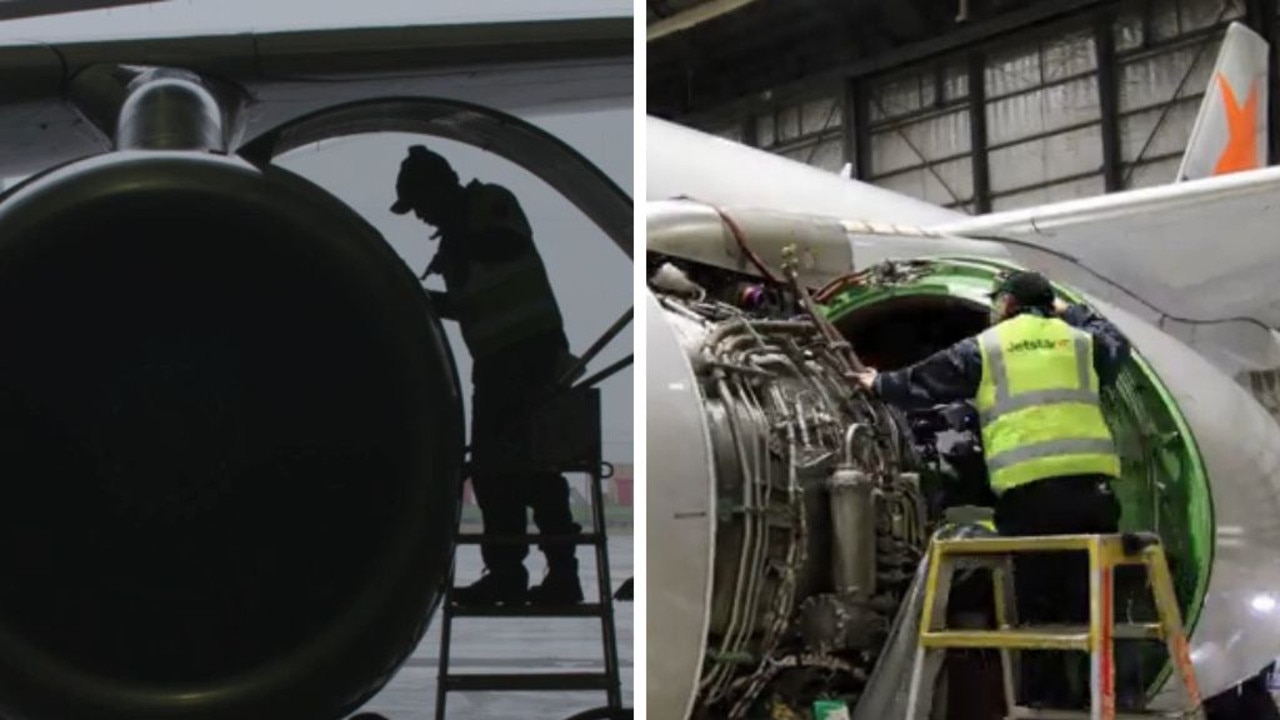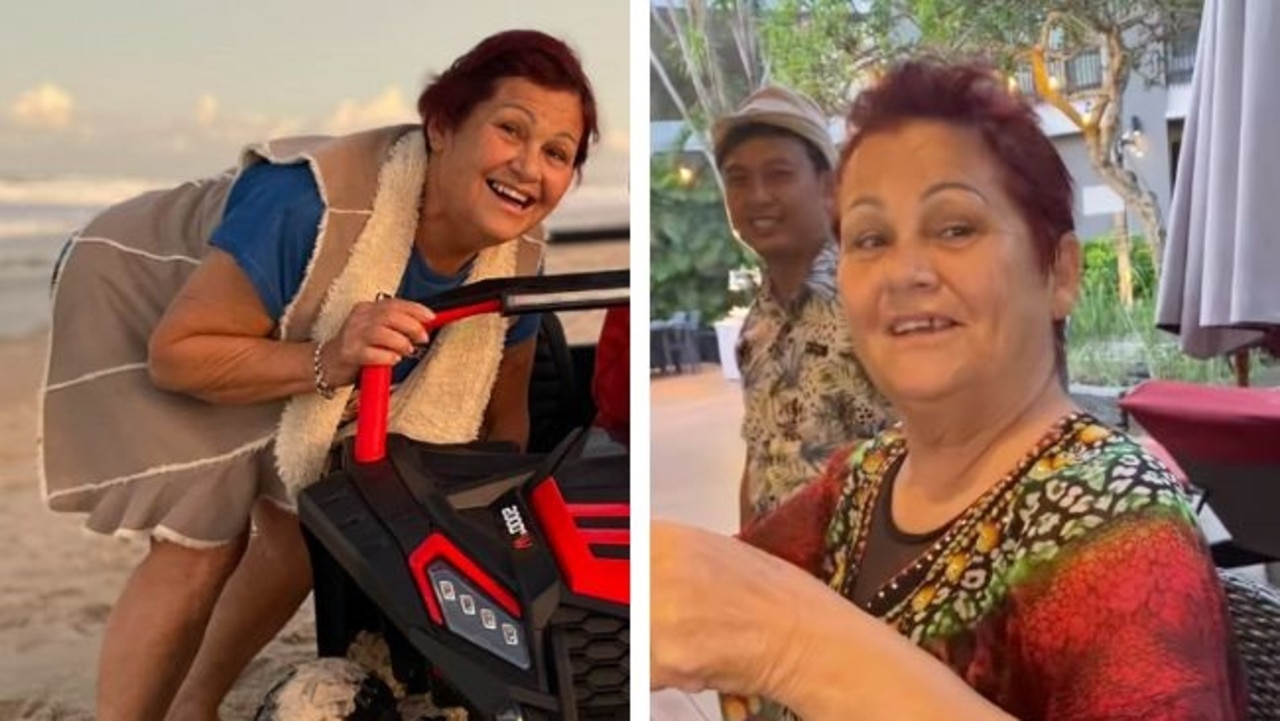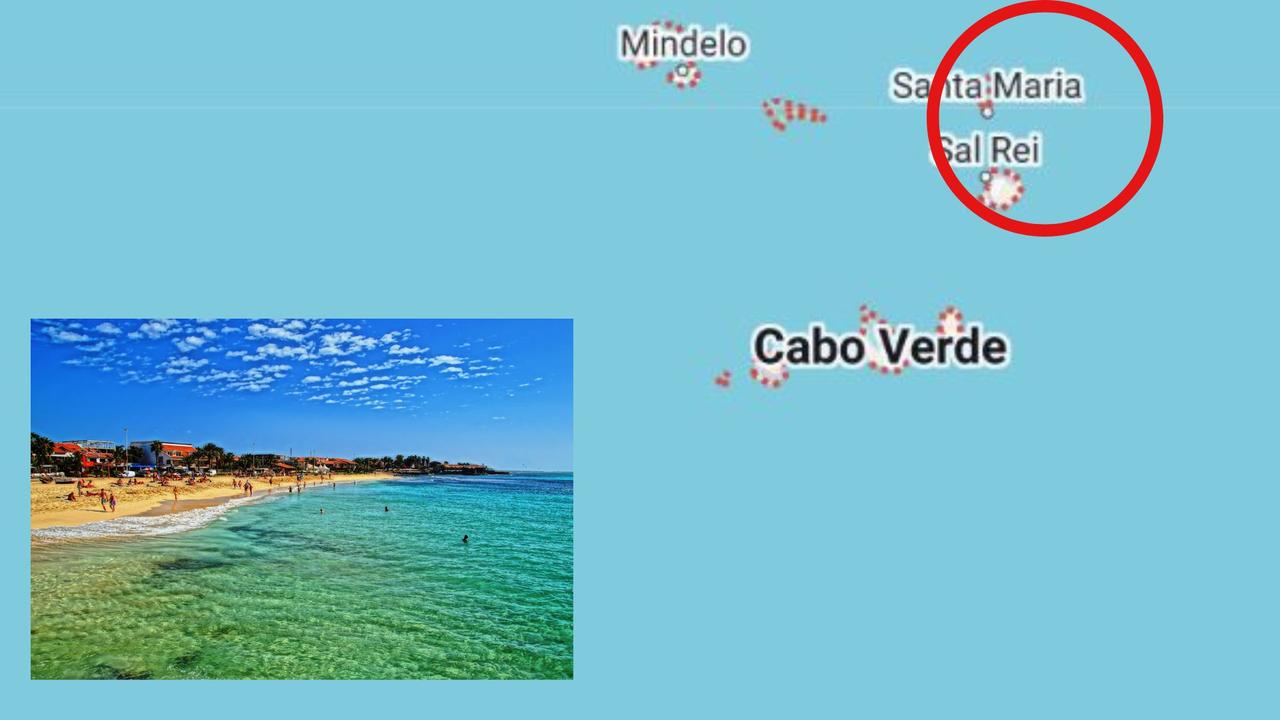Coronavirus Australia: What it’s like inside a quarantine hotel
One Nation leader Pauline Hanson has delivered harsh words to the Australians complaining about being held in quarantine in luxury hotels across the country.
One Nation leader Pauline Hanson has slammed returning Australians complaining about tough conditions under state-funded hotel quarantine, telling them to “stop their bloody whingeing”.
Thousands of Australians returning to airports around the country are being transported by police and military to hotels that will be their homes for the next two weeks during a forced quarantine to contain the potential spread of coronavirus.
RELATED: Follow our coronavirus coverage
RELATED: Arrivals complain about hotel conditions
About 3000 travellers who arrived in Sydney on Sunday were taken to hotels around the city, including the swanky Swissotel, the Hilton, the Intercontinental and the budget Ibis.
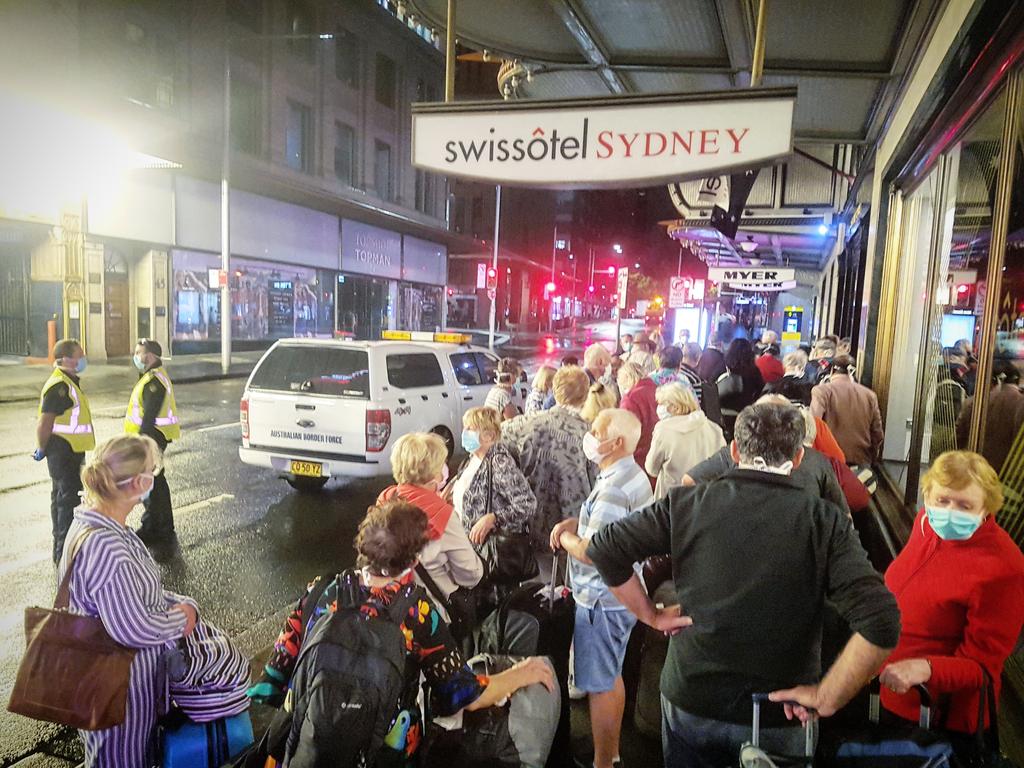
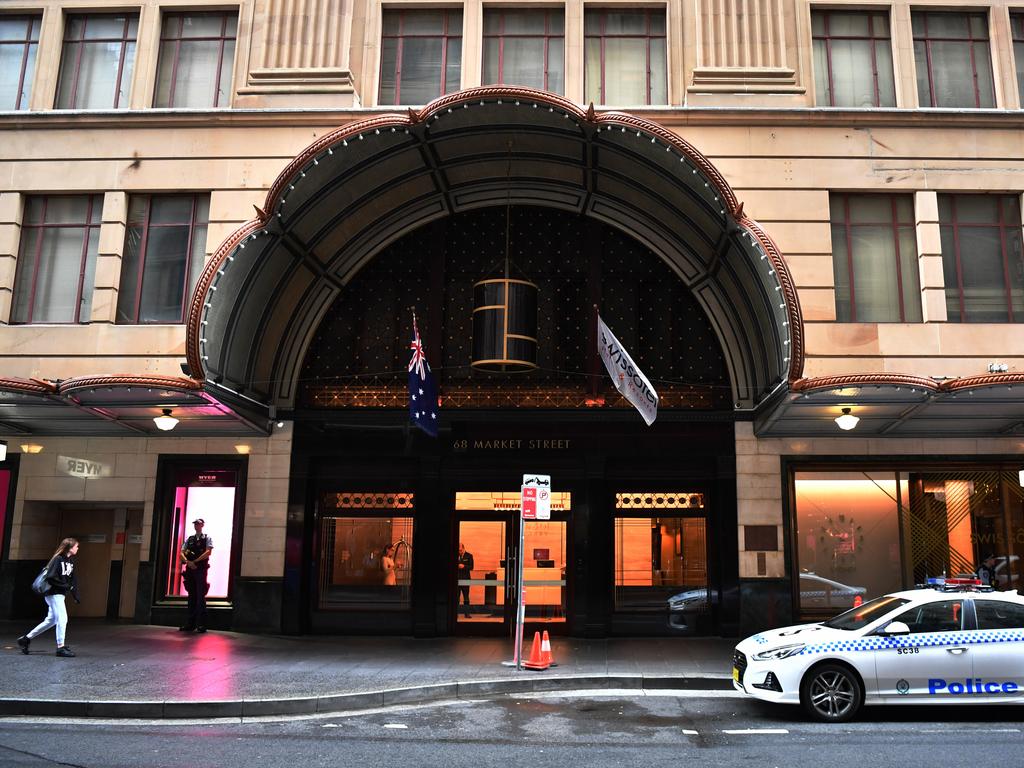
Tens of thousands of hotel rooms around Australia will be used for quarantine as travellers continue to arrive home from overseas. In Melbourne, arrivals were taken to the four-star Crown Promenade and the Crown Metropol.
About 20,000 returned travellers are expected to arrive in the next week alone. About 1200 will return to Australia today.
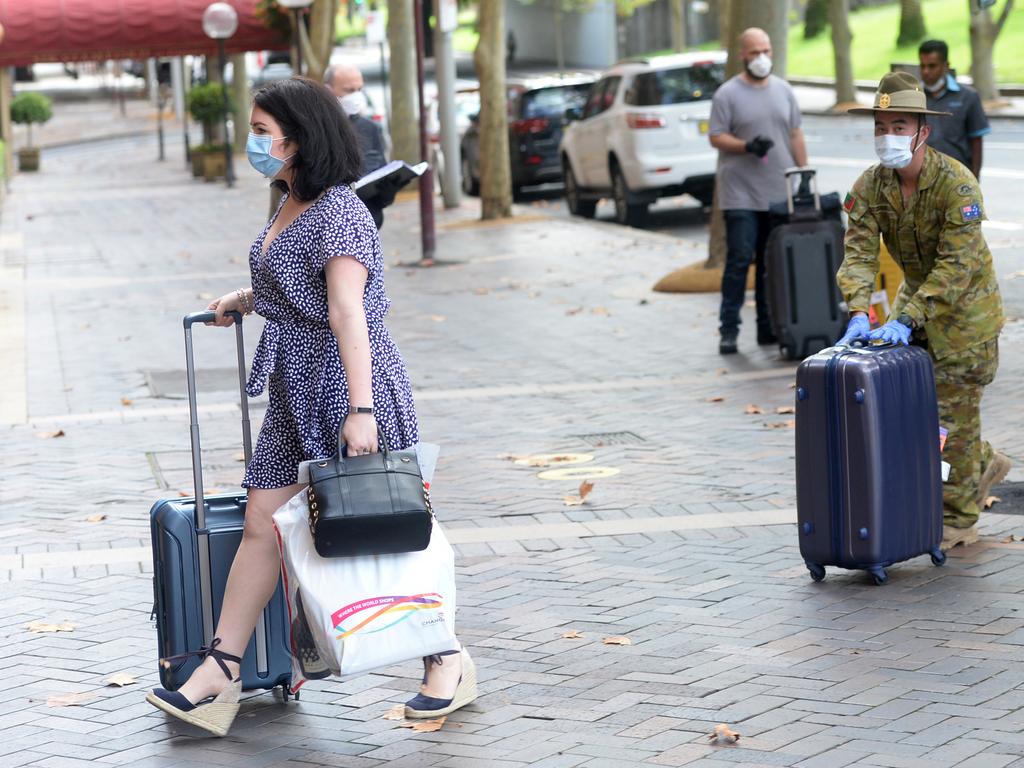
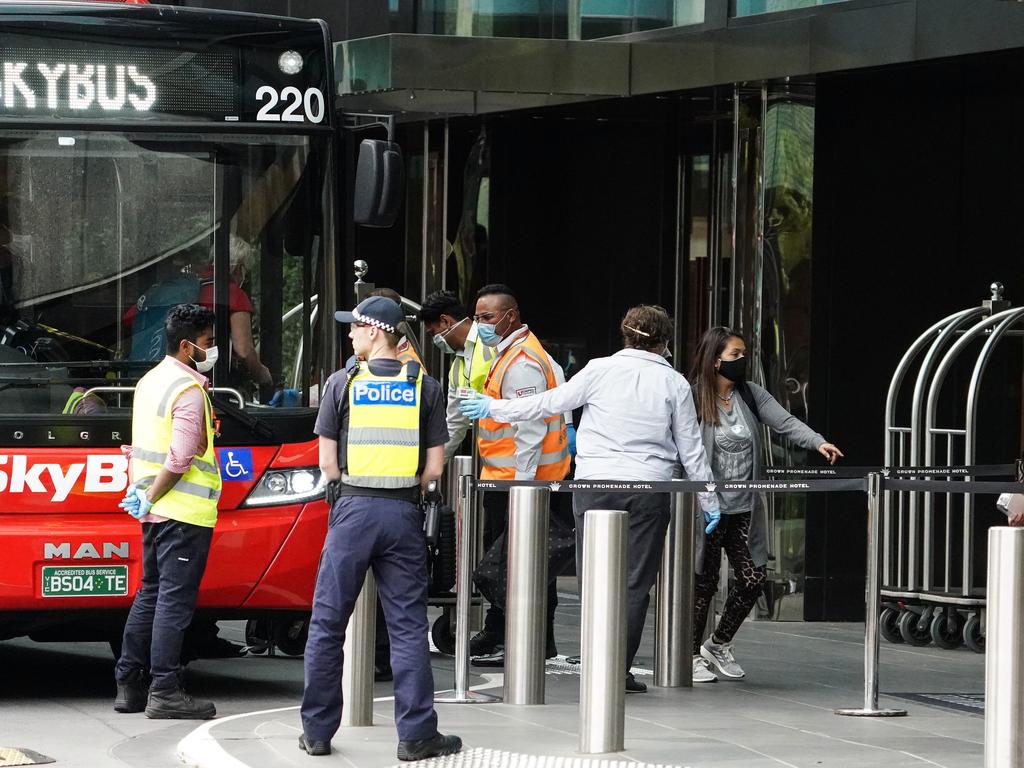
The federal and state governments say the majority of coronavirus cases are overseas travellers or their closest contacts, which is why the hotel quarantine has been enforced.
These state-funded hotel rooms come with a swanky $90-a-day room service tab. But while all Australians are confined to their homes for the coronavirus crisis, many of these travellers are upset by the tough conditions imposed on them – but they’re not getting much sympathy.
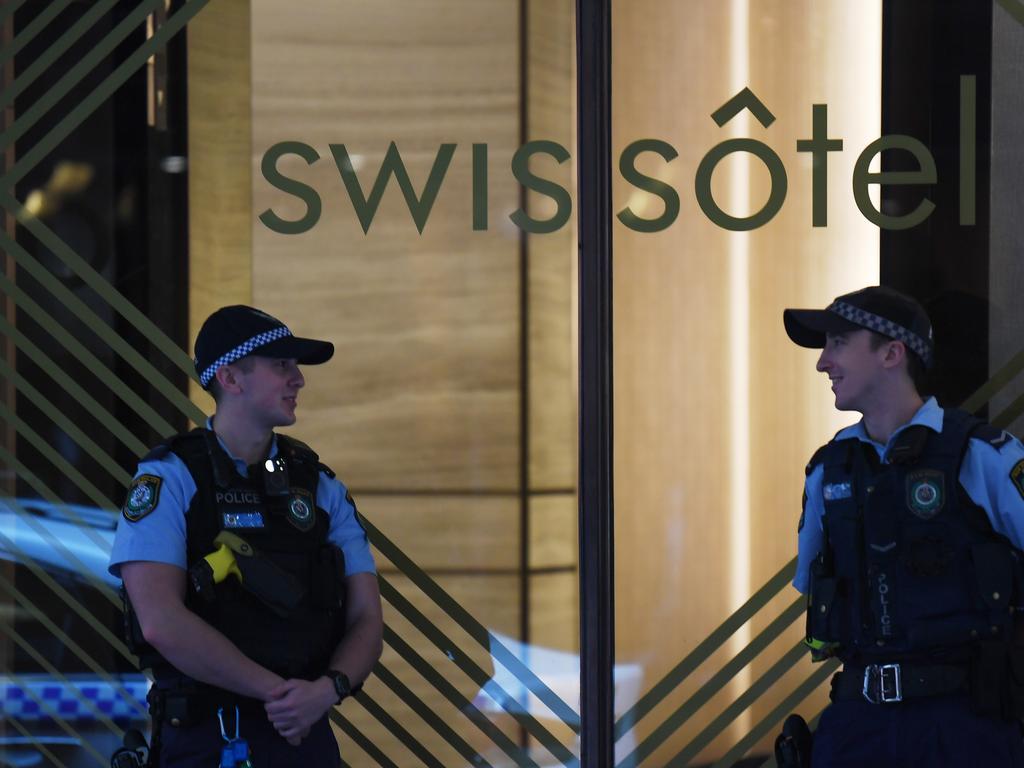
TWO WEEKS IN A HOTEL ROOM
Travellers had their temperatures checked after landing at the airport. Rather than be greeted by their loved ones at the arrivals gate, they were met by police and Australian Defence Force personnel who bundled them on buses and took them to hotels around the city.
With social distancing measures carefully observed, they were allowed to enter the hotel and check in to their homes for the next 14 days.
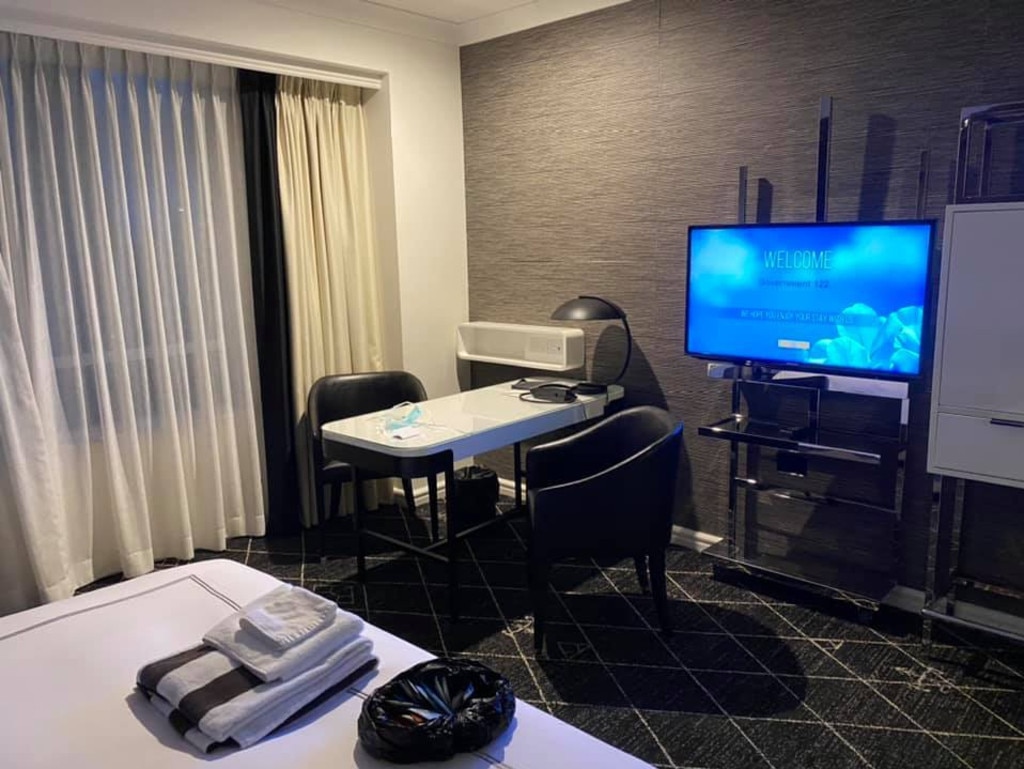
They won't be able to leave their rooms during that time. Shared facilities, such as gyms and pools, are out of bounds.
Doors will be guarded by state police, defence personnel or private security guards to make sure no one breaks the rules. The states will enforce strict penalties to those who break the rules.
Rooms will not be serviced, out of safety of hotel staff, and meals and fresh linen will be left outside doors. There are no in-room kitchen or laundry facilities.
Self care isolation pack? Doesn’t really help feed my toddler. The only food he has been given all day was from a generous cop who shared snacks from his car. It is 5pm and we got off our plane in Sydney at 8am #nswcovidquarantine #notgoodenough ping â¦@ScottMorrisonMPâ© pic.twitter.com/AebWWBSN4p
— Carina Wyborn (@rini_rants) March 29, 2020
Travellers have been given some groceries and basic supplies, which some arrivals said weren't good enough.
Many are already complaining about the lack of fresh air.
‘PRISONERS GET TREATED BETTER’
Bridget Lindsay and her boyfriend have just started their two-week quarantine at the Hilton hotel in Sydney after arriving on an American humanitarian flight back from Ecuador that cost the couple $14,000.
"It's a lovely room, I'll give it that," Ms Lindsay told the ABC this morning.
"We've been given very strict guidelines. We're not allowed to physically leave our room for the next 14 days. We've been given three meals a day, which is good.
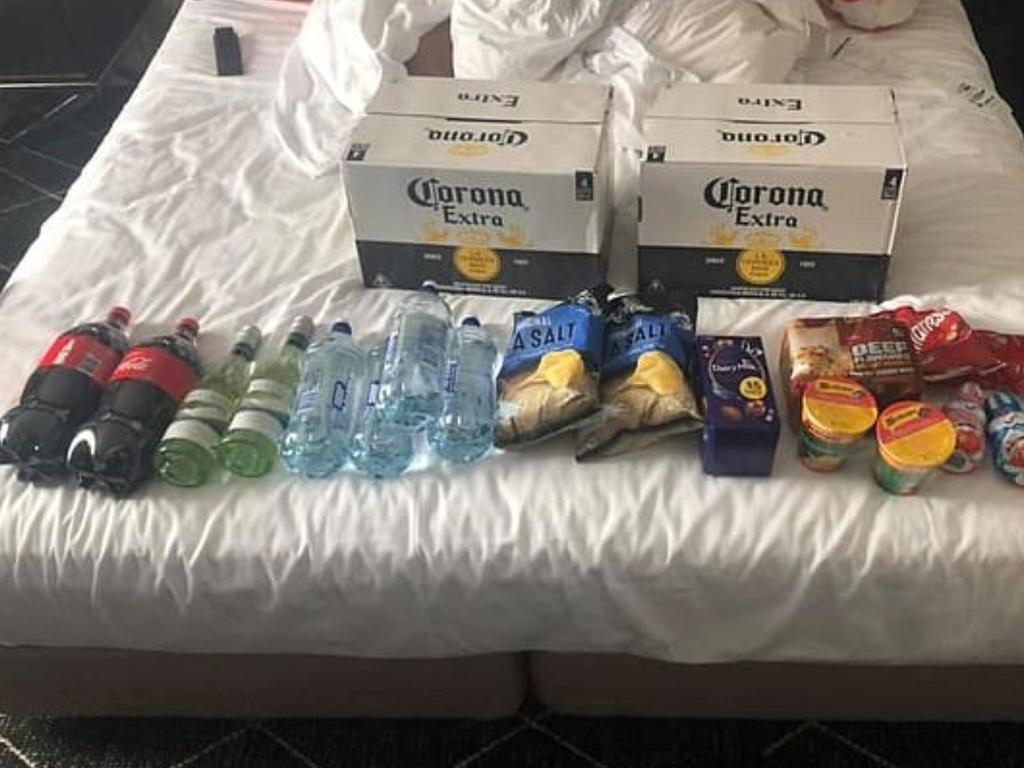
"It's quite confronting, actually, to see all these bans being put in place on us. It's very, very isolating."
Ms Lindsay said she "totally get it that we're a risk to the community" but would have liked to be "treated a bit like a human".
"We've been treated somewhat a little bit like animals, I feel, since yesterday from the airport," she said.
"Shuttled into buses, (it) took us five hours to get here from Sydney International Airport. Yeah, so it's a little bit hard to be honest because it's just been such a big toll to actually get to Australia as well.
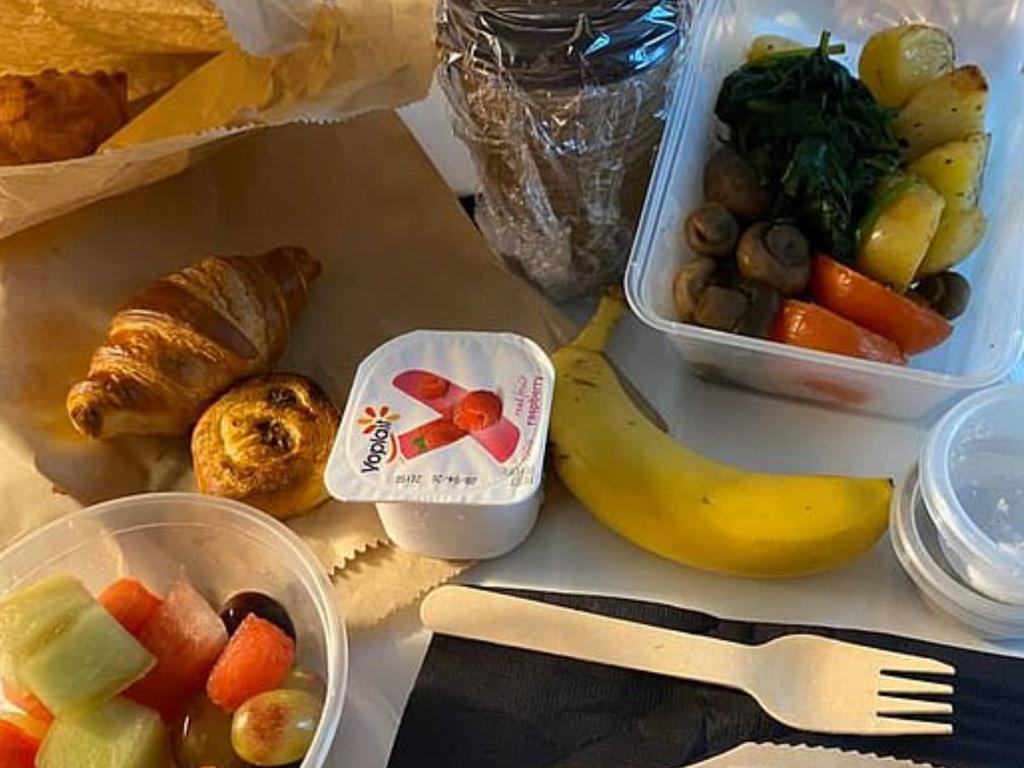
"Being locked up in a room is … It's quite tough on us, to be honest, mentally and physically. It would be lovely if we could just have a bit of a space that we could actually go outside and enjoy the sunshine. Because for the last four days, I haven't even seen the sunshine."
On Facebook, returned traveller Melissa Ball said her Deliveroo delivery had been rejected by the hotel as it had been deemed a health risk.
“There are three security guards on each floor, police guarding the entrance to the hotel and NOW (sic) we are not allowed to have anything delivered,” Ms Ball wrote on Friday.
“Prisoners get treated better than we do.”
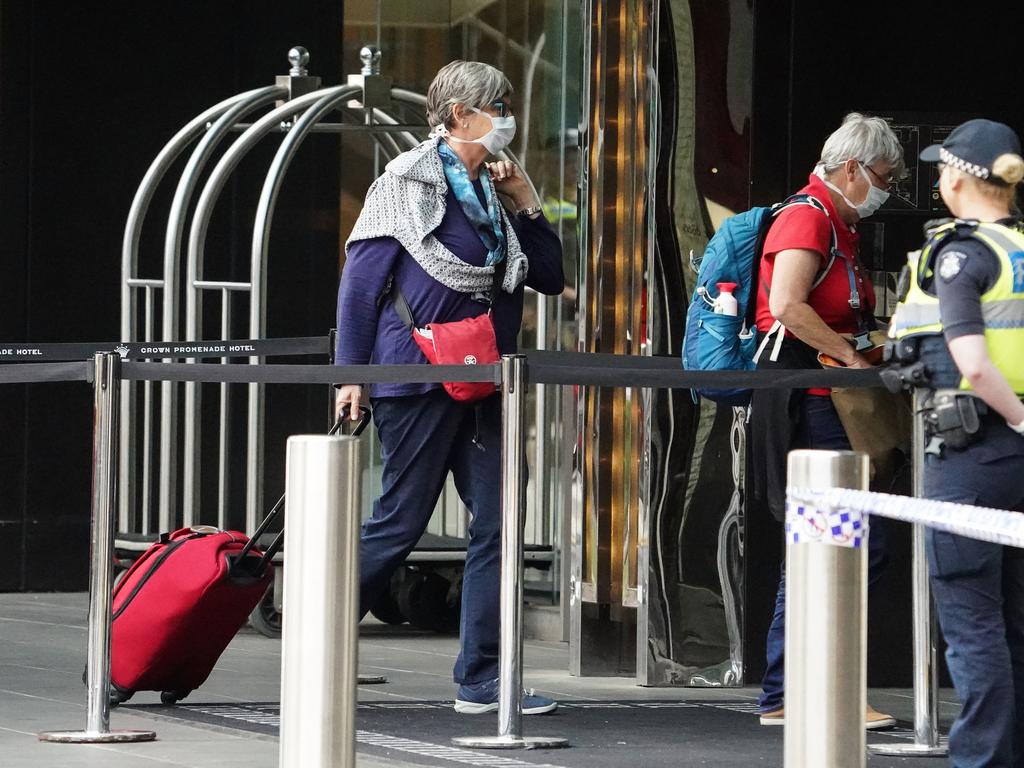
Another returned traveller at the Swissotel, Mark de Berg, said the arrivals were “prisoners and refugees within our own country” and had been stripped of their “human right and constitutional rights”.
But they're unlikely to get much sympathy.
"Give me a tissue. My god. I feel sorry for the poor buggers," Ms Hanson told Today.
"People out there are doing it tough now. If you are over 70 you are supposed to stay home. What I hear (is) they are in five-star accommodation. Stop your bloody whingeing."
https://t.co/pKAkNJABJw
— DJ (@d_jamo) March 29, 2020
You should be thankful! Would you have preferred detention center on Christmas island. Have some respect. #COVIDー19
Are these people for real? Put them on Christmas Island instead see how they like it. https://t.co/WF51inHPHe
— Fiona Eloise Bulle (@fifail) March 29, 2020
Others have pointed out Australians repatriated from China were quarantined on Christmas Island while the current batches of returned travellers get to spend two weeks in a city hotel room.
NSW Police Commissioner Mick Fuller said the conditions were necessary.
“The 14 days, I am sure, will be a challenge for them, and perhaps the food is not up to standard or they feel that the bed is not as comfortable as their own,” he said.
“They need to understand that we are trying to protect the community of NSW.”
The Commissioner added: "There are people after the bushfires still living in tents and caravans."
– with AAP

